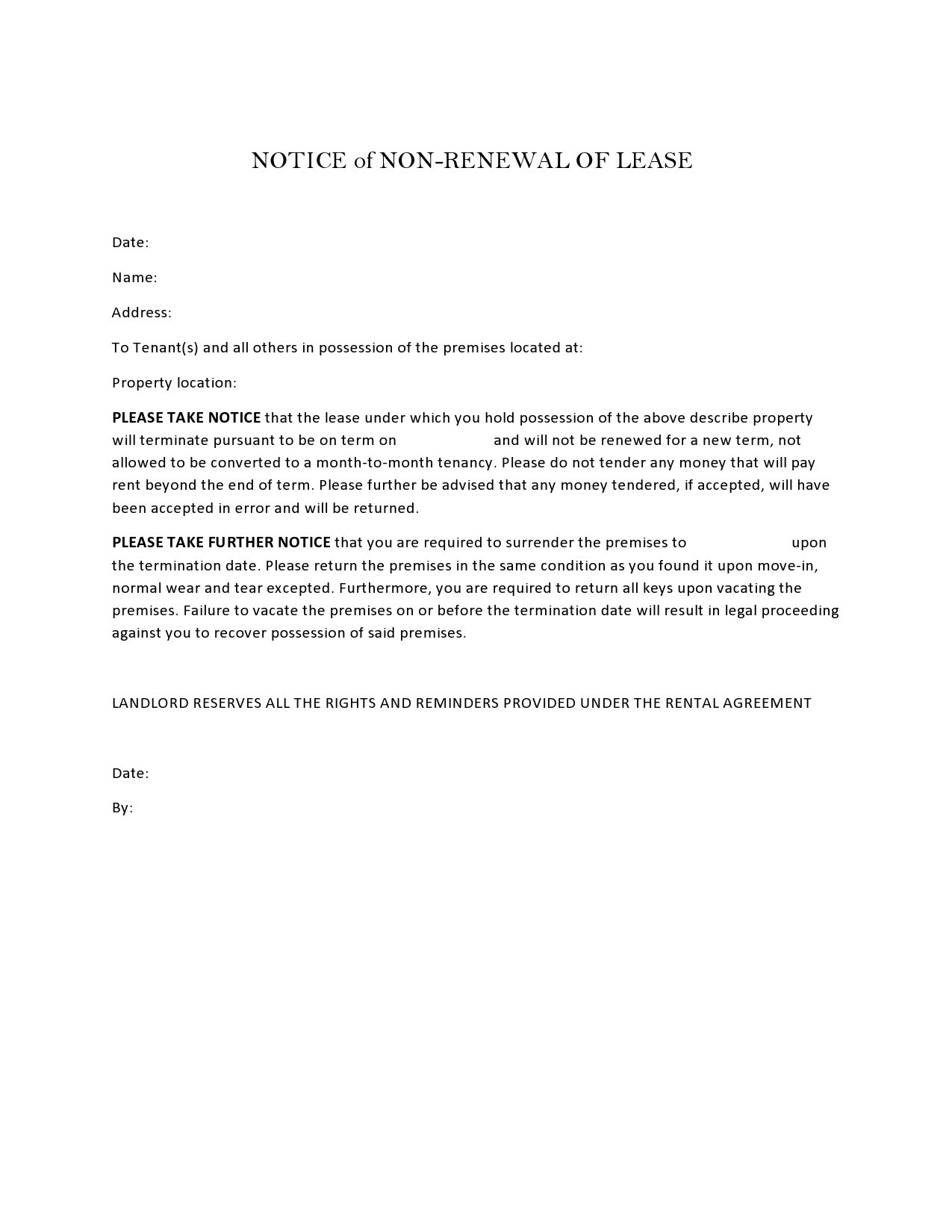Drafting a professional letter of lease is an essential skill for both landlords and tenants. Whether you're terminating a lease early due to unforeseen circumstances or simply ensuring the lease agreement aligns with current legal standards, having a well-structured template can save time and reduce potential disputes. In this article, we will explore key tips and provide templates that are relevant in 2023.
Understanding the nuances of lease agreements and terminations is crucial. From domestic violence situations requiring immediate lease termination to navigating financial and legal frameworks such as the Securities Industry and Financial Markets Association (SIFMA) guidelines, knowing how to draft a proper letter ensures compliance and protects your interests. Below, we delve into various aspects of drafting effective lease-related letters.
When faced with domestic violence, sexual assault, or stalking, victims in Oregon can use specific sample forms to request early lease termination. These forms serve as proof for landlords, allowing tenants to legally end their lease agreements without penalty. Such measures empower individuals to prioritize their safety and well-being over contractual obligations.
In North Carolina, motor vehicle lease and rental tax rulings outline taxable lease receipts, ensuring transparency in financial transactions. Landlords and tenants must understand these regulations to avoid unexpected costs. By familiarizing themselves with local tax laws, parties involved in leasing agreements can better manage their finances and adhere to state requirements.
A lease termination letter acts as a formal document notifying either party that the lease agreement is concluding. This process involves clear communication and adherence to legal procedures. For instance, landlords should download appropriate templates to ensure all necessary details are included, thereby minimizing disputes and fostering mutual understanding between both parties.
Understanding Lease Termination Due to Domestic Violence
Philadelphia's Ordinance § 9-804 provides victims of domestic or sexual violence the right to terminate their leases early by giving landlords a 30-day notice. This provision acknowledges the critical need for victims to escape dangerous situations promptly. The ordinance emphasizes the importance of sending a written letter to the landlord, detailing the intent to vacate within the stipulated period.
This legislation not only safeguards victims but also sets a precedent for other cities to adopt similar protective measures. By enabling early lease termination, it allows victims to relocate safely without facing legal repercussions or financial penalties. Furthermore, it highlights the necessity for landlords to be informed about tenant rights and responsibilities under such circumstances.
For tenants seeking to exercise this right, it is advisable to maintain records of all correspondence with the landlord. This documentation serves as evidence in case any disputes arise later. Additionally, consulting legal counsel ensures that all steps comply with local laws, thus protecting the tenant's interests effectively.
Lease Termination Under the Servicemembers' Civil Relief Act
The Servicemembers' Civil Relief Act (SCRA) permits active-duty military personnel to terminate their lease agreements upon deployment or receiving permanent change of station orders. This act requires servicemembers to provide formal written notice to their landlords, specifying the intent to terminate the lease. Such notices must include relevant documentation proving eligibility under SCRA provisions.
By invoking SCRA protections, servicemembers can focus on their duties without worrying about housing commitments back home. The act mandates landlords to honor these requests promptly, ensuring seamless transitions for affected personnel. Moreover, it underscores the significance of respecting service members' sacrifices while safeguarding their rights during deployments.
Landlords should familiarize themselves with SCRA guidelines to handle such cases appropriately. Proper handling demonstrates goodwill towards servicemembers and maintains positive relationships with tenants. It also prevents potential legal issues arising from non-compliance with federal regulations governing lease terminations for military personnel.
Essential Clauses in Residential Lease Agreements
Standard residential lease agreements typically cover a fixed term, usually one year, incorporating essential clauses addressing rent payments, maintenance responsibilities, and security deposits. Templates available online help landlords create comprehensive contracts tailored to their properties' needs. Including detailed terms minimizes misunderstandings and establishes clear expectations for both parties.
Beyond standard residential agreements, specialized templates cater to unique situations like room rentals, short-term stays, or commercial spaces. Each template addresses specific concerns relevant to its context, ensuring all bases are covered. For example, sublease agreements require additional considerations regarding original lease terms and consent from primary landlords.
Creating these documents involves careful consideration of local laws and industry best practices. Utilizing pre-designed templates simplifies the process while maintaining professionalism. Regular updates to incorporate new legal requirements keep agreements current and enforceable, providing peace of mind for both landlords and tenants alike.
Financial Considerations in Lease Accounting
The Financial Accounting Standards Board (FASB) introduced updated lease accounting standards in February 2016, impacting how businesses report lease liabilities and assets. Understanding these changes is vital for companies involved in leasing activities, whether as lessors or lessees. Proper implementation ensures accurate financial reporting compliant with modern accounting principles.
No-action letters issued by regulatory bodies such as SIFMA clarify ambiguities surrounding lease accounting rules. These communications offer guidance on applying updated standards correctly, helping organizations navigate complex financial landscapes confidently. Staying informed about evolving regulations enables businesses to adapt swiftly and remain competitive.
For those drafting lease-related documents, integrating updated financial considerations enhances credibility and reliability. Incorporating references to recent accounting updates demonstrates thoroughness and attention to detail. As a result, stakeholders gain trust in the accuracy and validity of presented information, facilitating smoother business operations overall.

